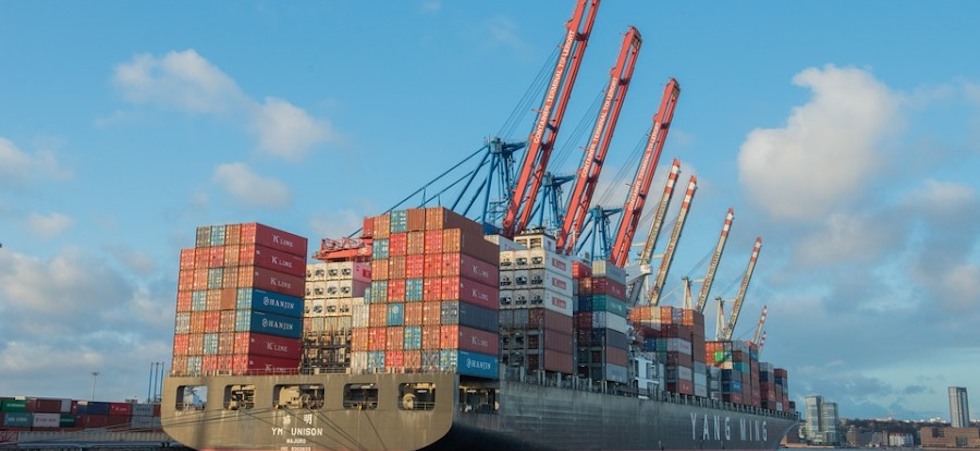The introduction of mandatory GB wide ‘not for EU’ labelling, alongside the introduction of new border checks, threatens trade flows with the EU – a report by the Food and Drink Federation (FDF) has found.
The FDF has published its end of year Trade Snapshot report, which covers the period of January – December 2023. The report found that the UK’s largest manufacturing sector had a total export value of just under £25 billion, falling 2% when compared year on year.
Over the last few years, the UK food sector has felt the successive shocks of high inflation, Brexit and the war in Ukraine which has impacted the decline of most products – only pork and cheese saw growth in both value and volume.
Amongst the report’s findings, it was noted that Ireland became the UK’s first ever export market to reach £4 billion, increasing by 6.4%. The FDF said that the market growth demonstrated how important Ireland is to the UK for trade. Imports also increased by £200 million, thanks to a large increase in cheese, savoury snacks and chocolate.
Implementation costs for industry between £150-200m
The FDF said that the introduction of mandatory GB wide ‘not for EU’ labelling poses a considerable threat to GB and island of Ireland supply chains – and will almost certainly result in growth being reversed in our largest export market.
It said: “We estimate the implementation costs for the industry to be £150 million – £200 million and this unnecessary labelling change not only threatens our exports, but will be seen as a barrier for imports, potentially leading to important overseas suppliers pulling out of the UK market.”
Balwinder Dhoot, director of industrial growth and sustainability, the Food and Drink Federation said: “Selling our products overseas helps our businesses and the wider economy. In a challenging trading environment, it was good to see the value of exports to the EU increase slightly and those to Ireland our largest single export market hit £4 billion.
“But Government proposals to introduce ‘Not for EU’ labels across the whole of GB will undermine trade with these markets. It’s baffling why the Government would want to implement something so damaging, that will reduce investment, push up prices for shoppers, whilst delivering a real blow to our exports just at the time when our businesses need more support.
“There are better solutions, including digital ones, which businesses support. We’re urging the Government to remain open to these rather than imposing their own, rather analogue and backward-looking proposals.”
Negotiations with Canada must resume
The report also showed that non-EU exports have fallen by 6% to £10.4 billion. FDF said that more free trade agreements (FTAs) would help boost world exports and the trade body is urging the Government to take a “balanced and careful” approach with new FTAs such as India.
It said: “To ensure continuity, we would like to see negotiations resumed with Canada to extend important EU cumulation provisions, as recently achieved with South Korea and Mexico.”
Imports of food and drink increased by 5.1% to over £60 billion driven largely by an 8.6% rise in EU markets. Fruit remains the UK’s largest import, with Spain, South Africa and Peru making up over 35% of all imports.
The FDF urged that an ongoing review into the risk categorisation of fruit and vegetables included in the Border Target Operating Model, as well as tariff reviews with Egypt, Morocco, and South Africa, will encourage non-EU imports and could allow the UK to diversify supply chains. It added, however, that “we must be careful not to put up unnecessary barriers with our most important trading partner, the EU.”
The report also focused on trade with Australia showing that exports are yet to reach full potential, however the FDF expects exports to grow in 2024. Switzerland is also highlighted with modest UK exports; the FDF suggested that reducing high tariffs through an updated FTA could help boost exports here.
It said: “With a new UK trade policy, FTAs away from the EU will be new territory for many businesses and the Government must ensure there is easy online guidance for businesses can take advantage of these new opportunities.”









